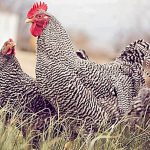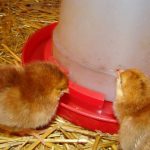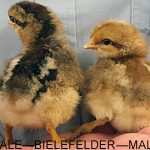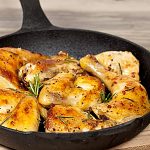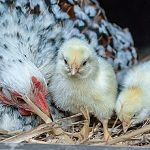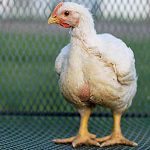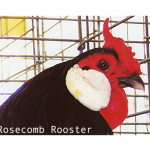
Vultures are often blamed for killing chickens that were already dead when they got there. Vultures are primarily scavengers. They subsist mainly on animals that have been dead for two to three days. A vulture is a large, black raptor with an exceptionally wide wingspan. It flies in large, languid circles while seeking something to […]
Continue Reading
